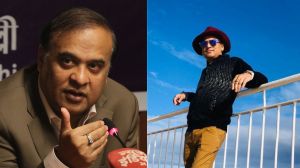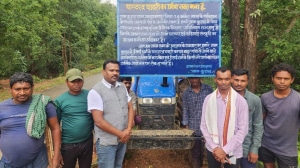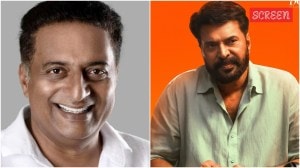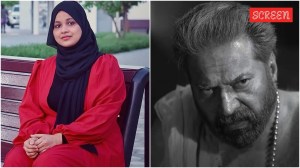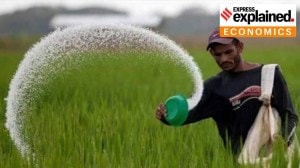Watch the royal hand
There are two ways of reading King Gyanendra Bir Bikram Shah’s dismissal of Nepal Prime Minister Sher Bahadur Deuba on Friday and assum...

There are two ways of reading King Gyanendra Bir Bikram Shah’s dismissal of Nepal Prime Minister Sher Bahadur Deuba on Friday and assuming power himself. One, he did it out of a deep commitment to democracy — after all, he cited Deuba’s reluctance to conduct the November elections as the reason why the man must go. Two, because he has a deep commitment to his throne and is only ensuring a return to the pre-1990 days of absolutist monarchy.
Only time will reveal which is the more correct assessment. There is no denying, however, that King Gyanendra has been steadily tightening his grip on the apparatus of power, despite the fact that his coronation as king in the wake of the brutal palace murders of June 2001 was not a popular one. Over the months, he has made slow but decisive moves. Not only was his controversial son, Paras, made crown prince, the king as the commander of the armed forces has been the main force behind the counter-insurgency operations against the Maoists. It would, therefore, appear that Nepal’s democracy is unhappily dependent on King Gyanendra’s ambitions. Given this reality, it is most unfortunate that the country’s fledgling democracy has never come into its own. In fact, the promise of the 1990 struggle, that saw King Birendra — the late brother of the present king — reconcile himself to playing the role of a constitutional monarch, was never fully achieved. All that it succeeded in doing was to throw up a succession of weak governments and sparring political leaders. This was partly because no political formation, apart from those on the extreme left, was prepared to make a complete break with the monarchy and the governments they formed invariably ended up as clients of that institution.
Today, Nepal continues to be in the grip of a continuing crisis. One that has seen horrifying palace murders, the intensification of the seesaw battle between Maoist insurgents and the government which has claimed over 5,000 lives since it first began in 1996, and an incipient battle between and within various political parties. This is nothing short of tragic, given the fact that Nepal is one of the poorest nations in one of the world’s poorest regions. According to the World Bank’s report on global poverty, its GNP is a third of Sri Lanka’s and is 10 per cent lower to that of Bangladesh. The disturbances that have visited it with alarming frequency have the potential of driving it deeper into the quagmire.
Photos



- 01
- 02
- 03
- 04
- 05








